Journalists targeted in Afghan terror attacks
Nine media workers killed in Kabul amid mounting insecurity - despite prospective peace talks
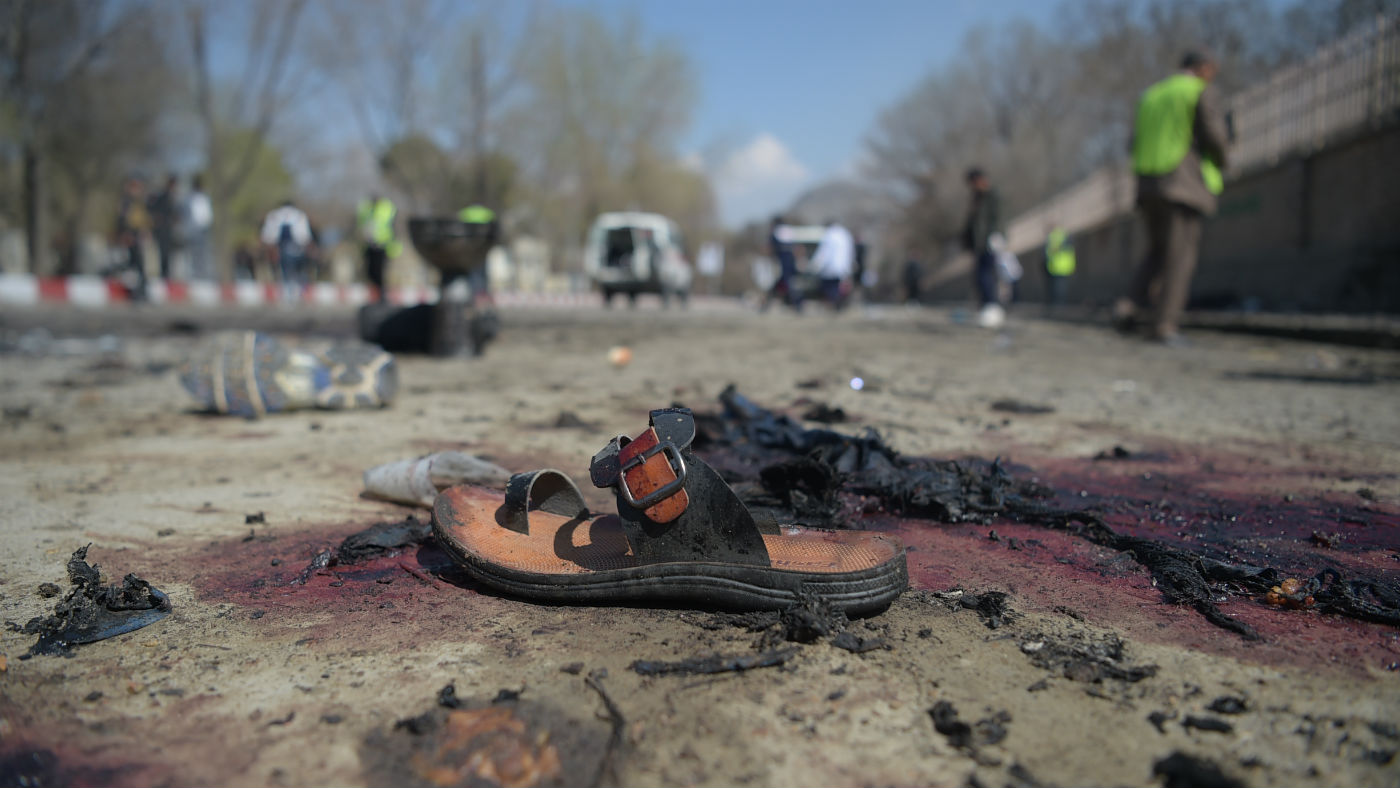
A free daily email with the biggest news stories of the day – and the best features from TheWeek.com
You are now subscribed
Your newsletter sign-up was successful
Twenty-six people, including nine journalists, were killed yesterday in a series of explosions in the Afghan capital Kabul.
The attacks “underlined mounting insecurity despite repeated government pledges to tighten defences”, Reuters reports.
AFP’s chief photographer in Kabul, Shah Marai, was among the journalists targeted by a man disguised as a TV cameraman, who detonated a second bomb at the site of an earlier explosion, the news agency says.
The Week
Escape your echo chamber. Get the facts behind the news, plus analysis from multiple perspectives.

Sign up for The Week's Free Newsletters
From our morning news briefing to a weekly Good News Newsletter, get the best of The Week delivered directly to your inbox.
From our morning news briefing to a weekly Good News Newsletter, get the best of The Week delivered directly to your inbox.
In a statement on social media app Telegram, Islamic State claimed responsibility for the blasts and said a “martyrdom brother” had detonated his explosive vest among a group of “apostates”.
In separate attacks, a reporter for the BBC’s Afghan service, Agmad Shah, was shot dead by an unknown gunman in the Khost region and 11 children died in a suicide bomb intended to target Nato troops in Kandahar province.
A huge suicide blast last week claimed the lives of 57 people who were queuing at a voter registration centre.
While huge death tolls from terrorist attacks have become commonplace in Afghanistan over the past decade and a half, the deliberate targeting of journalists is a relatively new tactic by IS and the Taliban.
A free daily email with the biggest news stories of the day – and the best features from TheWeek.com
At least 20 were killed last year, but it is believed Monday’s death toll was the worst for media workers in a single attack in the county.
The rapid succession of explosions “were a grim reminder of the strength of both the Taliban and Islamic State’s emerging Afghanistan branch to wreak violence despite increased US air attacks under Trump’s new policy for the 16-year-old war”, says Reuters.
According to research conducted by the BBC, the Taliban remains active in the country, only 30% of which is under full government control.
CNN says the increase in violence “comes despite reports around six weeks ago that suggested some factions of the Taliban had expressed interested in pursuing peace talks with the Afghan government”.
The Afghan government said in February it would be willing to recognise the Taliban as a legitimate political party as part of a potential ceasefire agreement with the Islamist militant group.
The country’s president, Ashraf Ghani, said he is willing to engage in peace talks “without preconditions” and would offer a “comprehensive peace deal” to the Taliban, “so that it could not be rejected”.
-
 One great cookbook: Joshua McFadden’s ‘Six Seasons of Pasta’
One great cookbook: Joshua McFadden’s ‘Six Seasons of Pasta’the week recommends The pasta you know and love. But ever so much better.
-
 Scientists are worried about amoebas
Scientists are worried about amoebasUnder the radar Small and very mighty
-
 Buddhist monks’ US walk for peace
Buddhist monks’ US walk for peaceUnder the Radar Crowds have turned out on the roads from California to Washington and ‘millions are finding hope in their journey’
-
 Operation Rubific: the government's secret Afghan relocation scheme
Operation Rubific: the government's secret Afghan relocation schemeThe Explainer Massive data leak a 'national embarrassment' that has ended up costing taxpayer billions
-
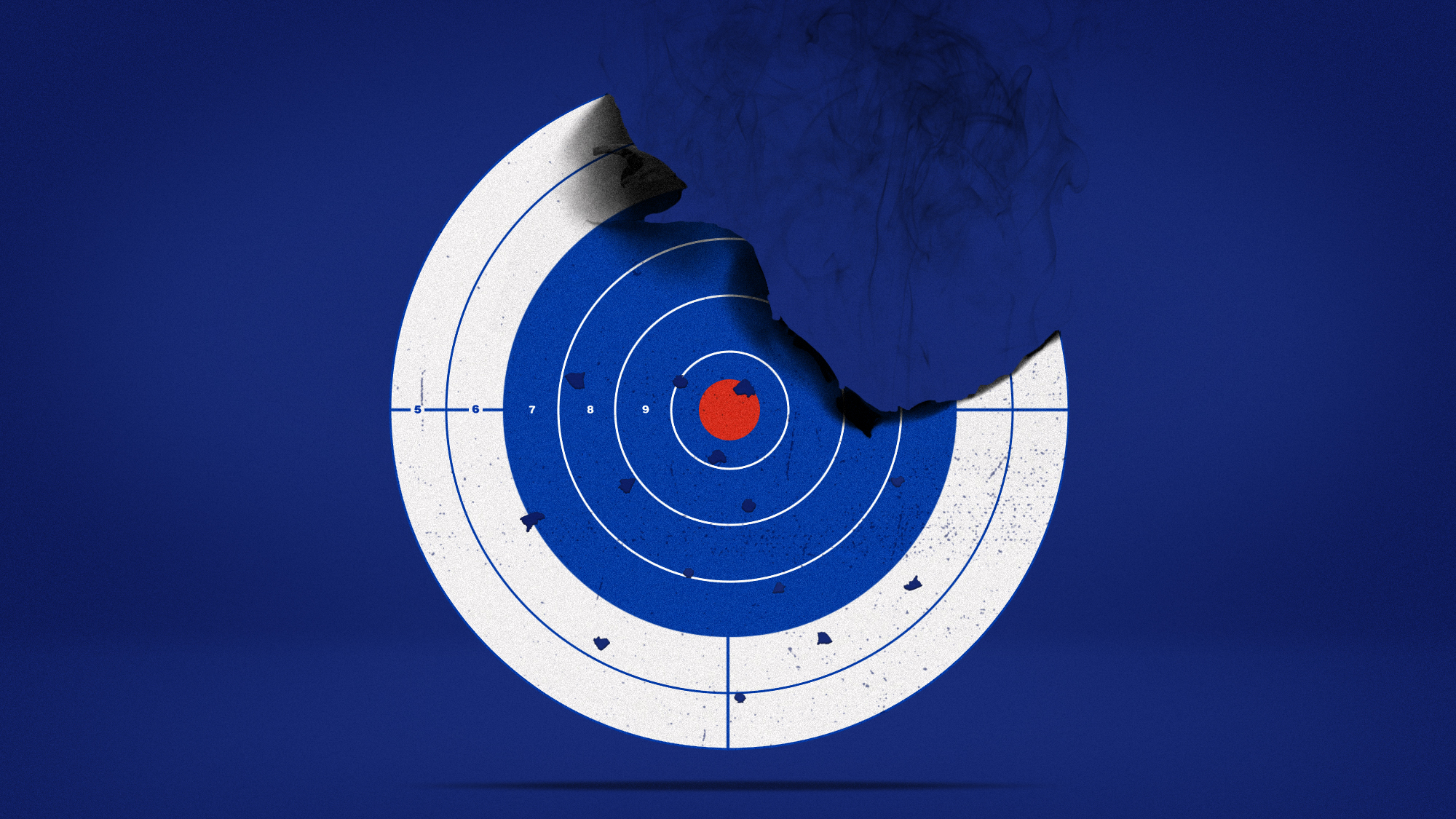 Why is Islamic State targeting Russia?
Why is Islamic State targeting Russia?Today's Big Question Islamist terror group's attack on 'soft target' in Moscow was driven in part by 'opportunity and personnel'
-
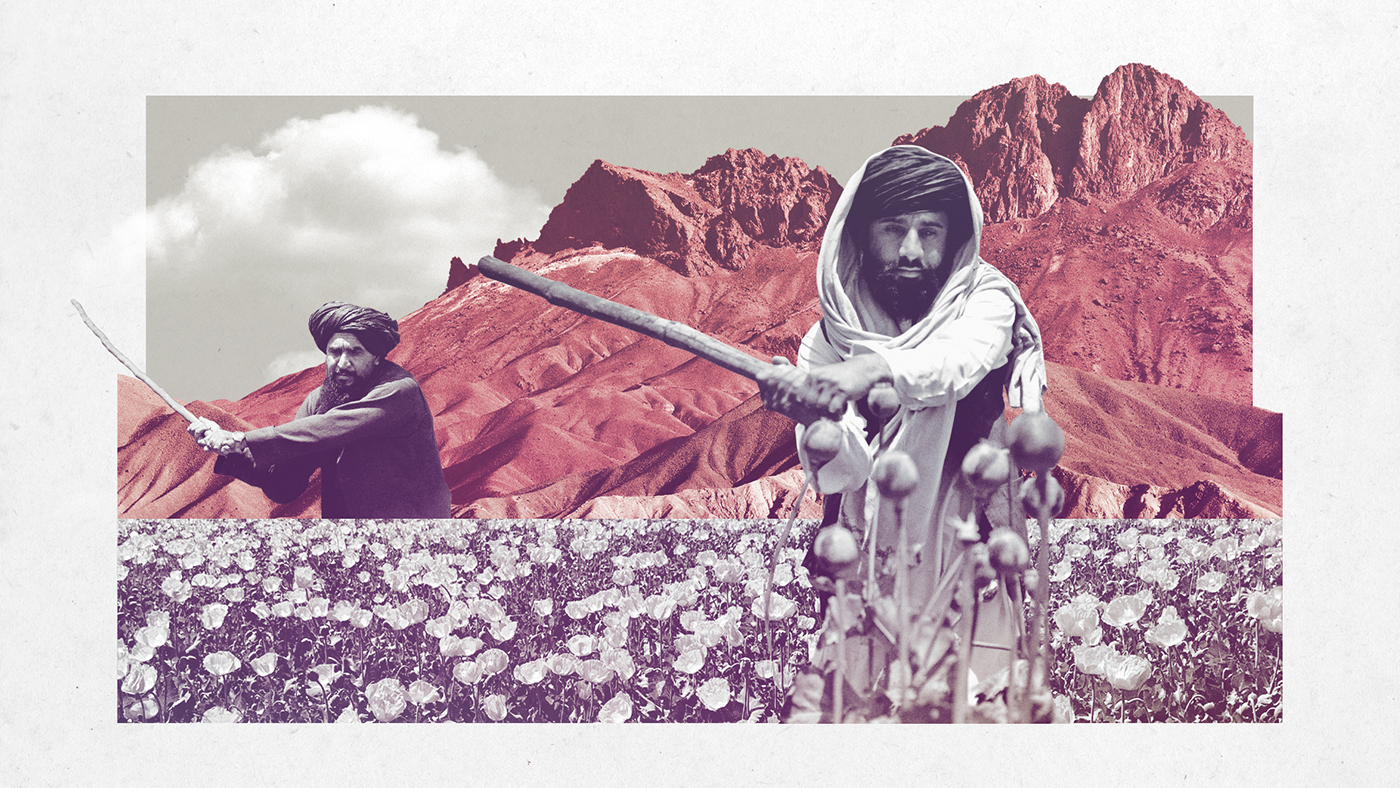 The Taliban’s ‘unprecedented’ crackdown on opium poppy crops in Afghanistan
The Taliban’s ‘unprecedented’ crackdown on opium poppy crops in Afghanistanfeature Cultivation in former poppy-growing heartland Helmand has been slashed from 120,000 hectares to less than 1,000
-
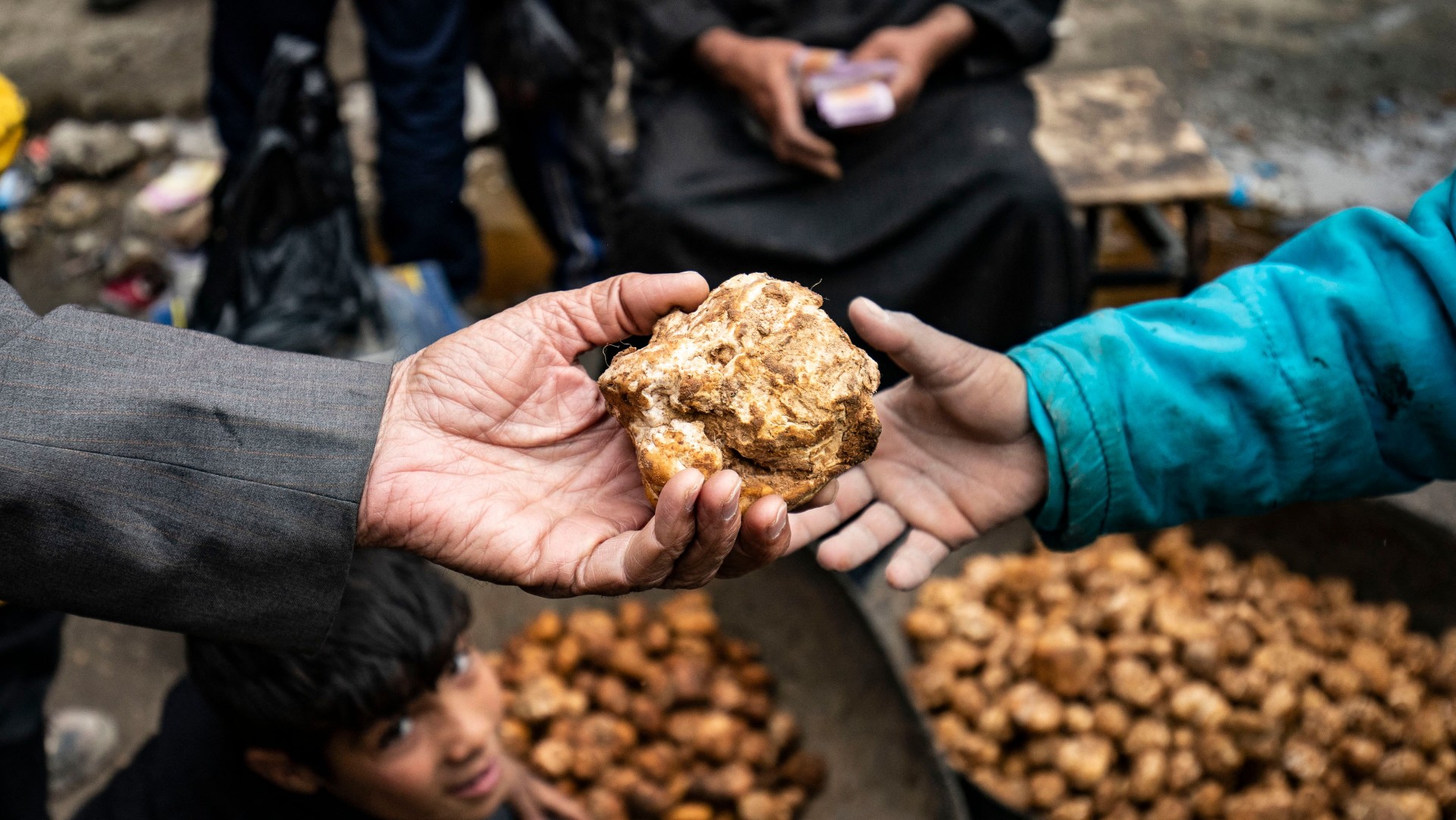 The deadly attacks on Syrian truffle hunters
The deadly attacks on Syrian truffle huntersfeature Islamic State suspected of targeting Syrians risking their lives to secure much-needed income
-
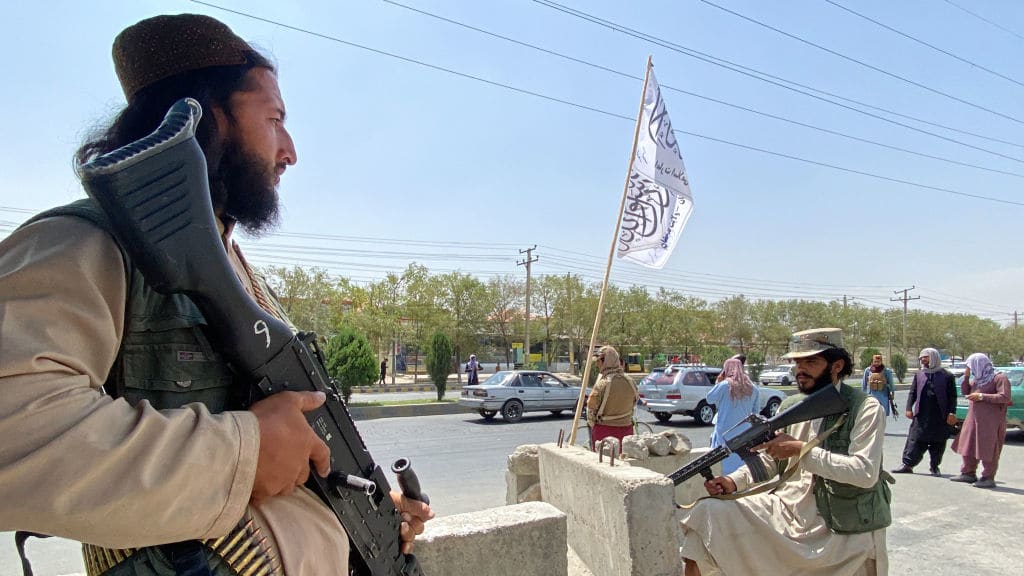 Taliban releases 2 Americans held in Afghanistan
Taliban releases 2 Americans held in AfghanistanSpeed Read
-
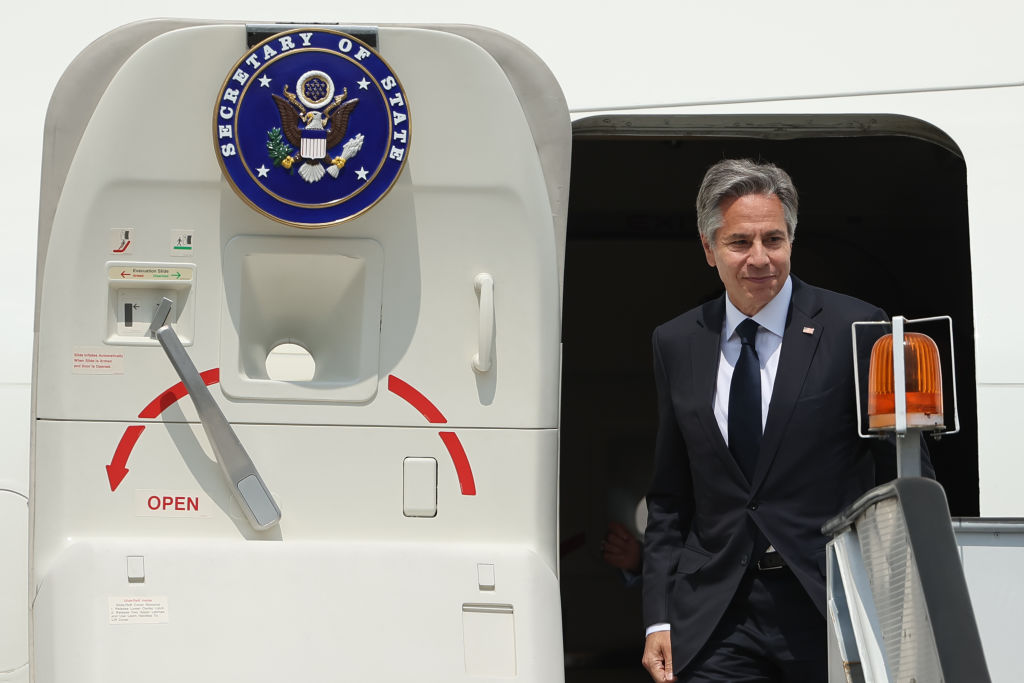 American detained in Afghanistan for over 2 years released in prisoner exchange
American detained in Afghanistan for over 2 years released in prisoner exchangeSpeed Read
-
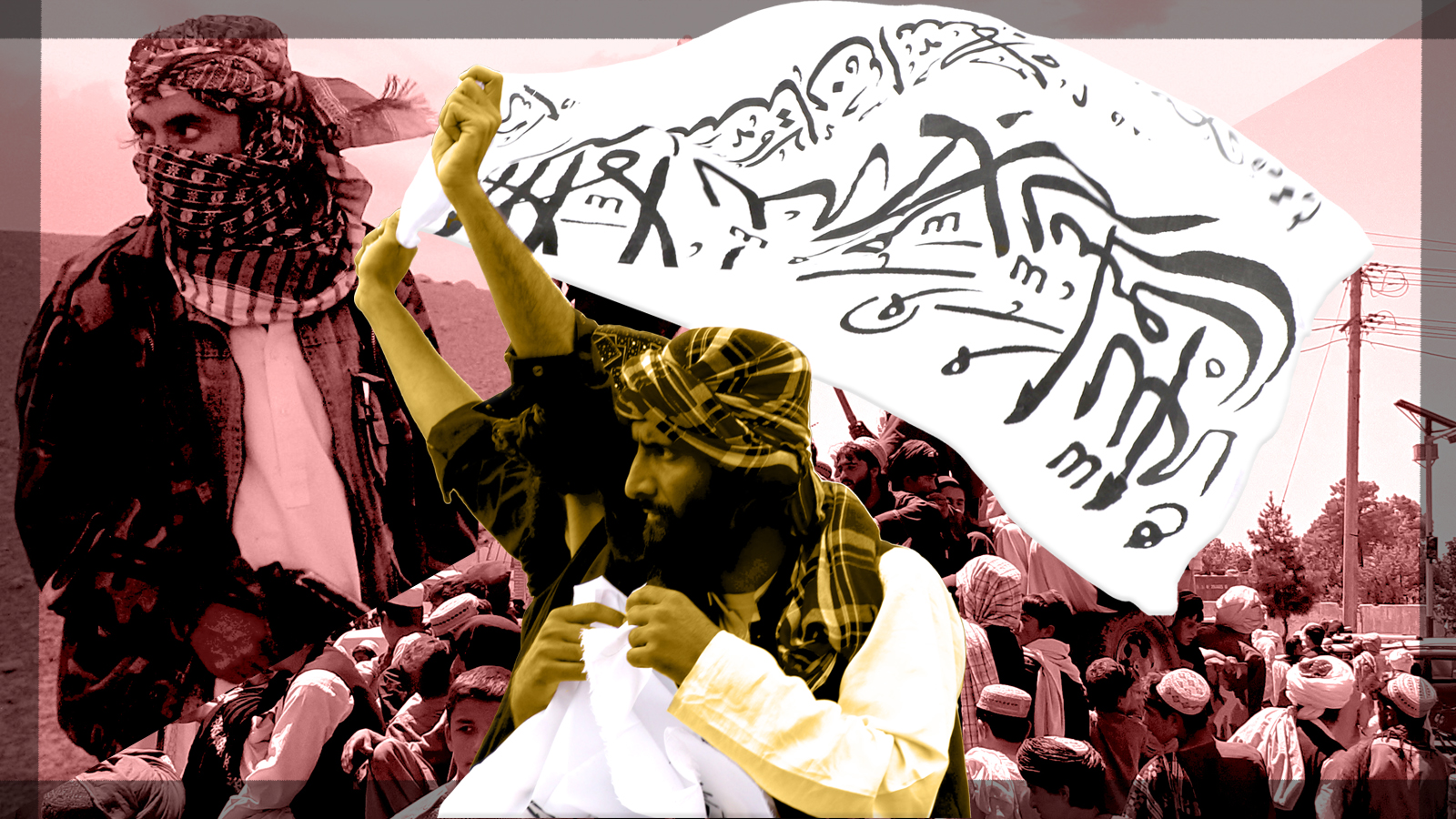 Afghanistan: A year after the withdrawal
Afghanistan: A year after the withdrawalopinion What did the U.S. leave behind when it pulled out of Afghanistan?
-
 Prominent cleric who supported female education killed in Afghanistan bombing
Prominent cleric who supported female education killed in Afghanistan bombingSpeed Read